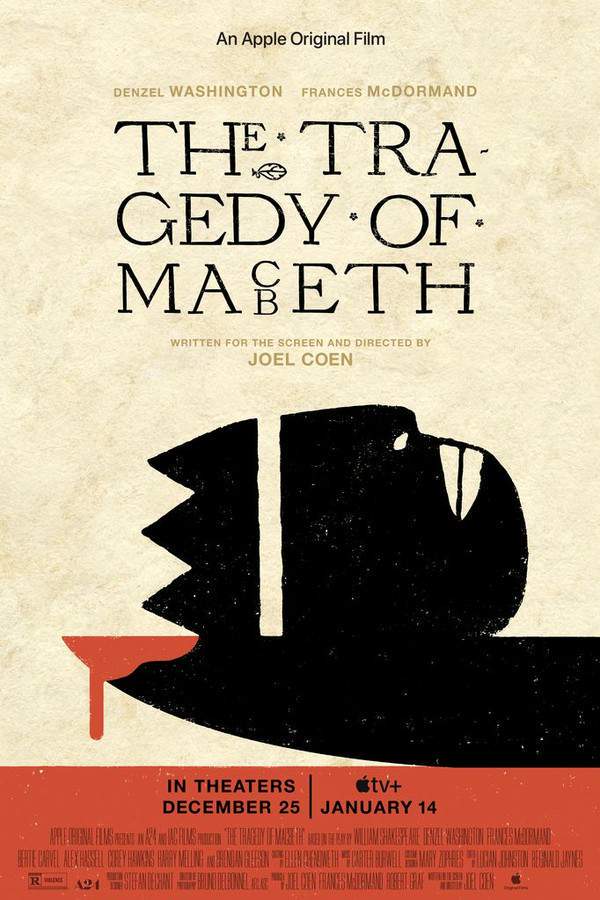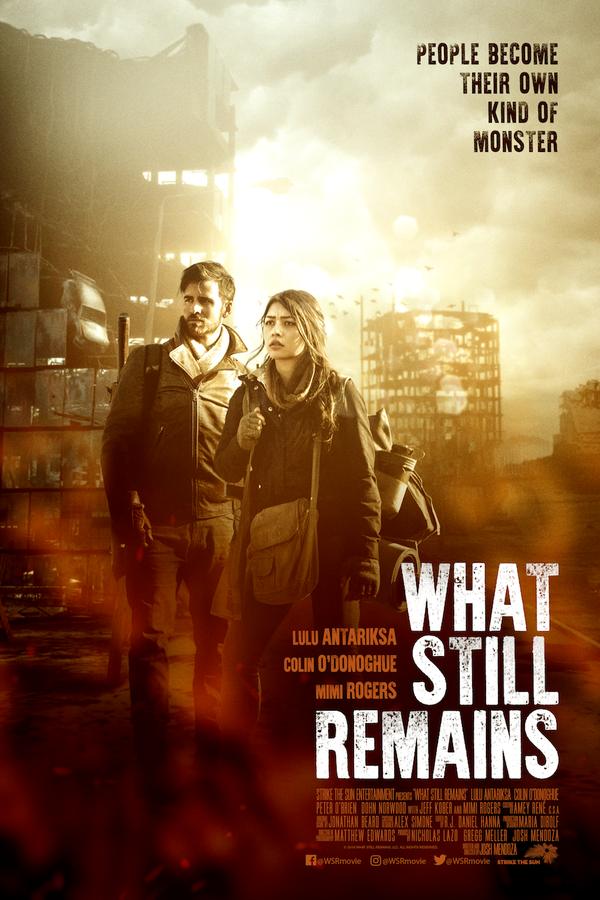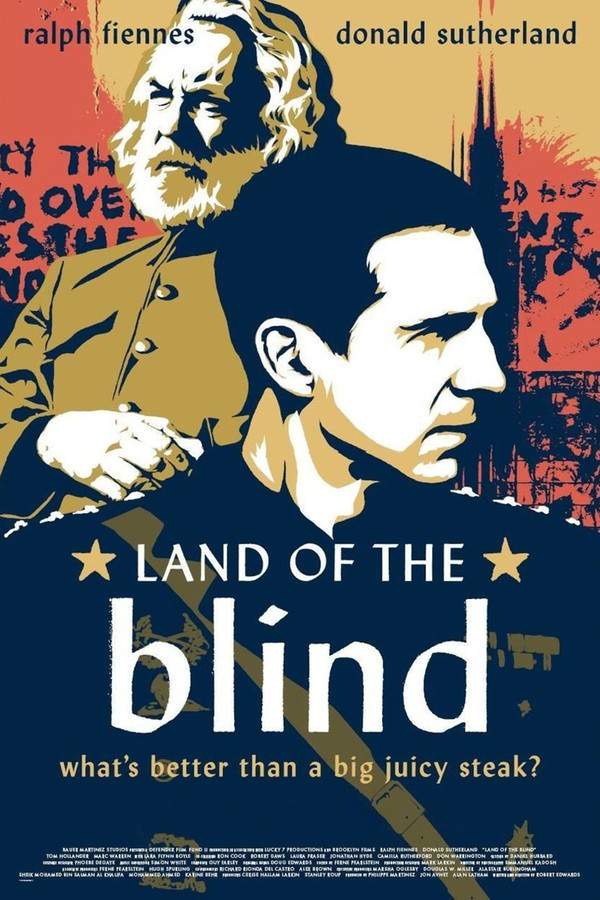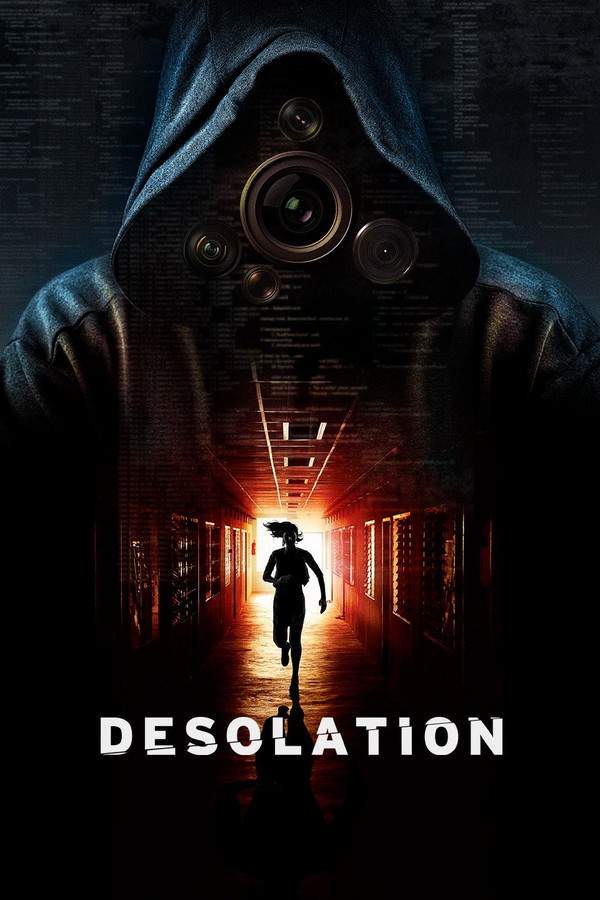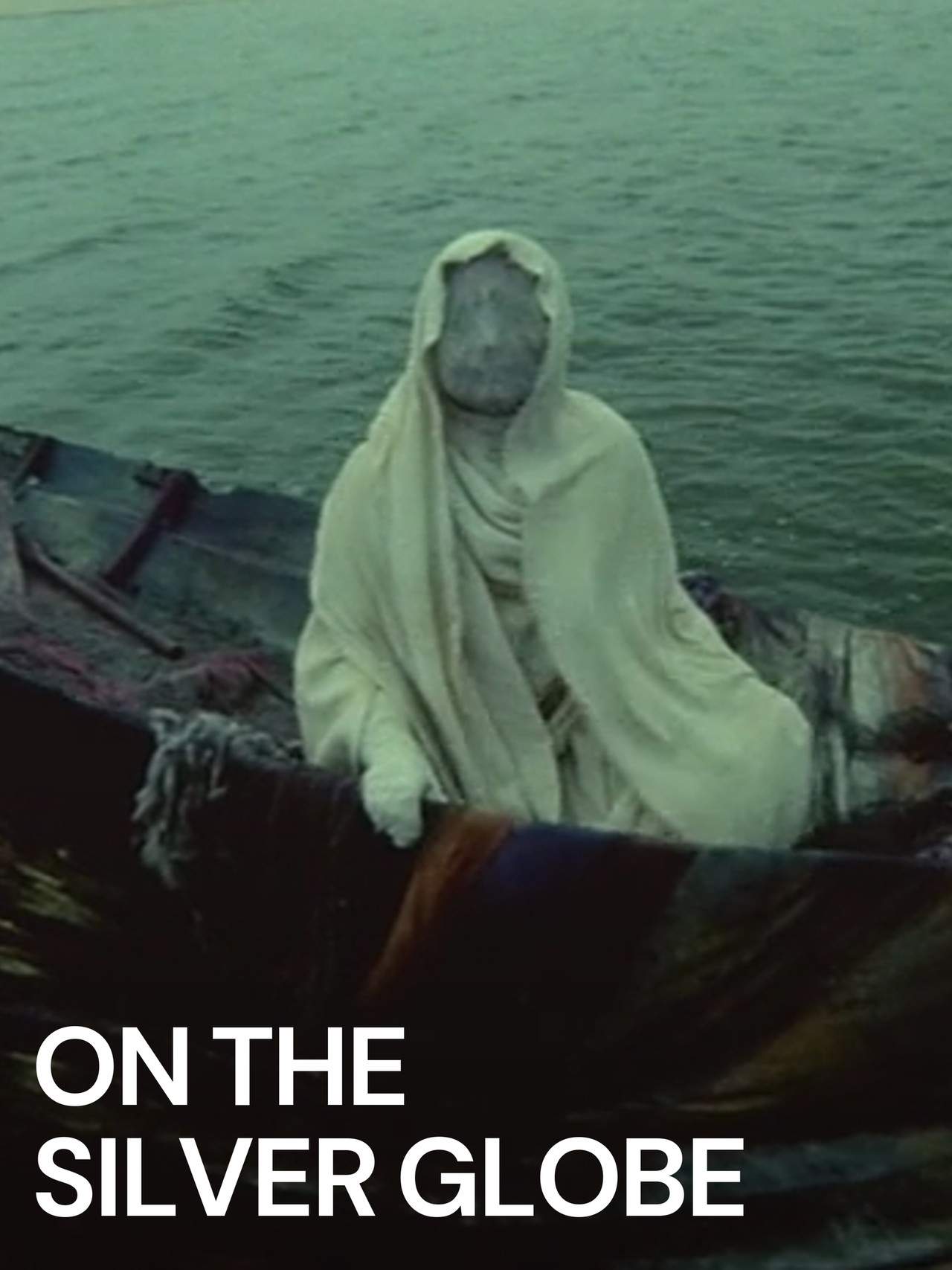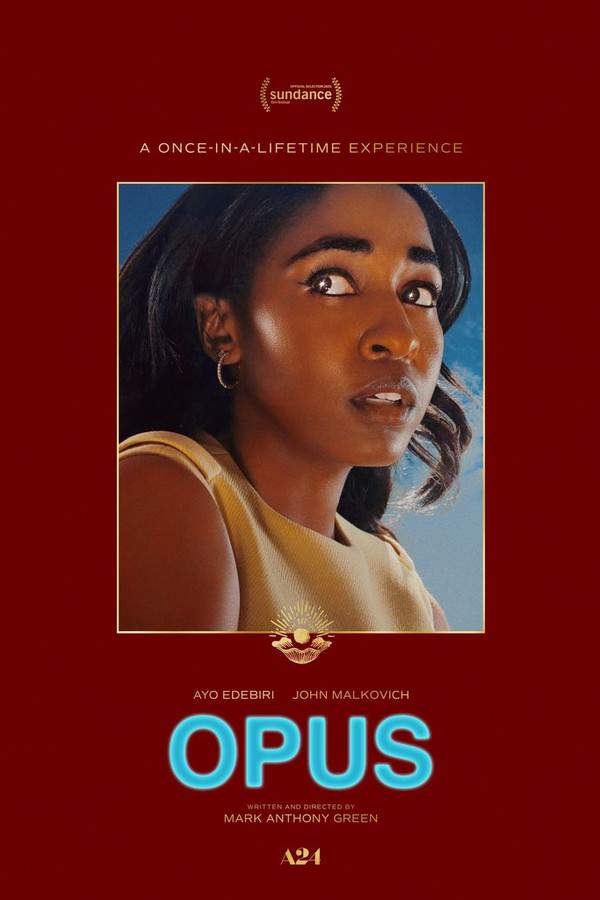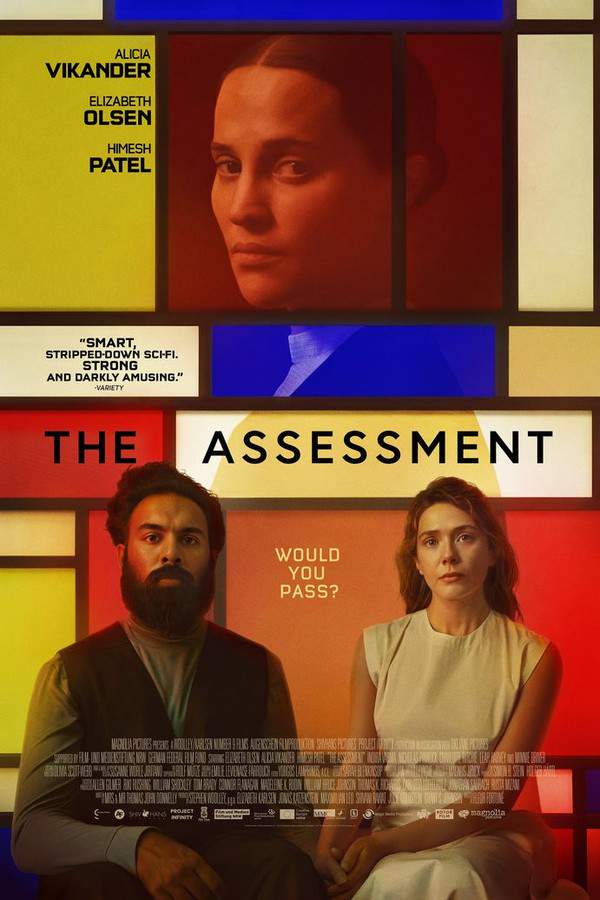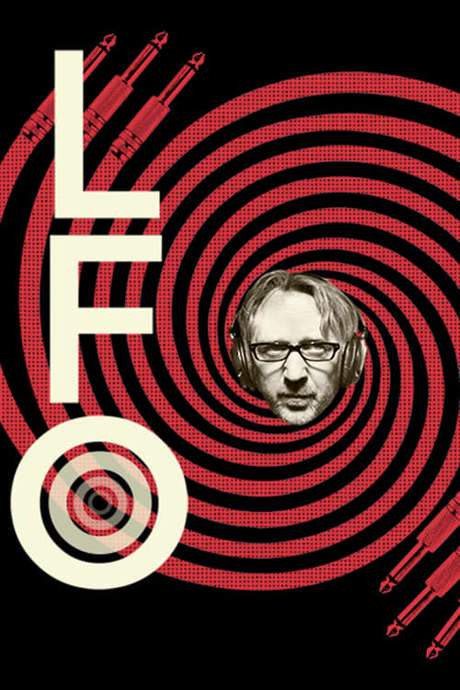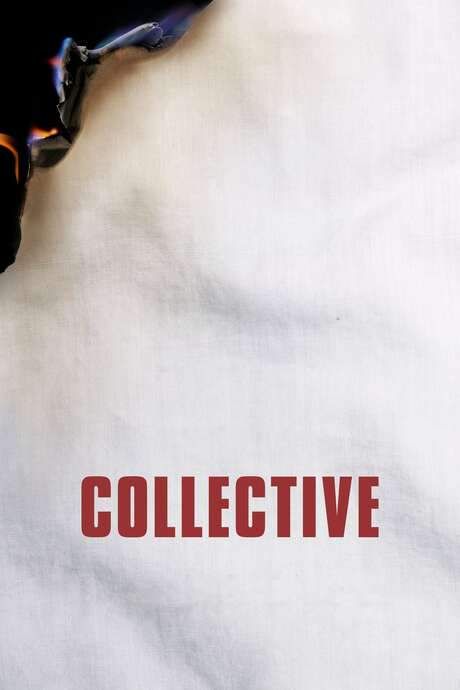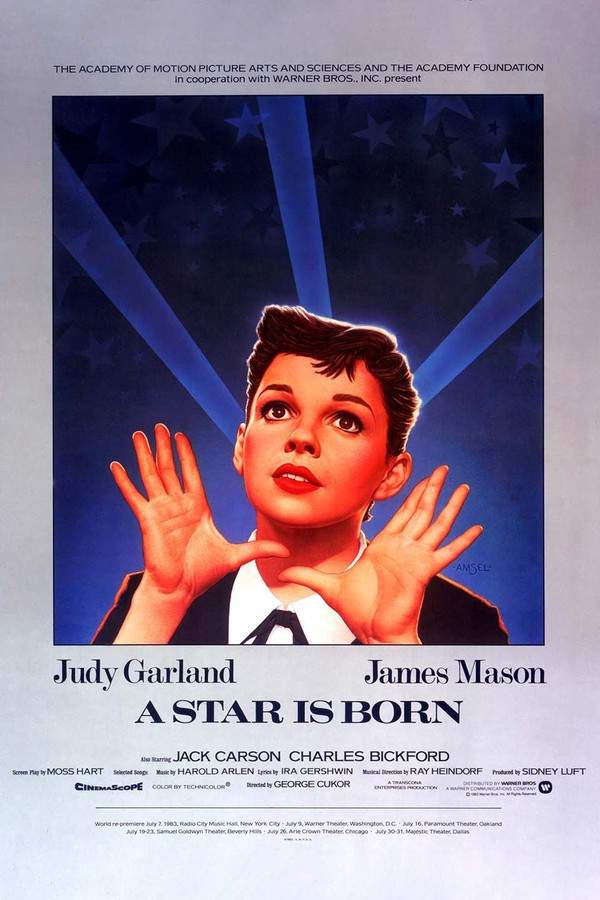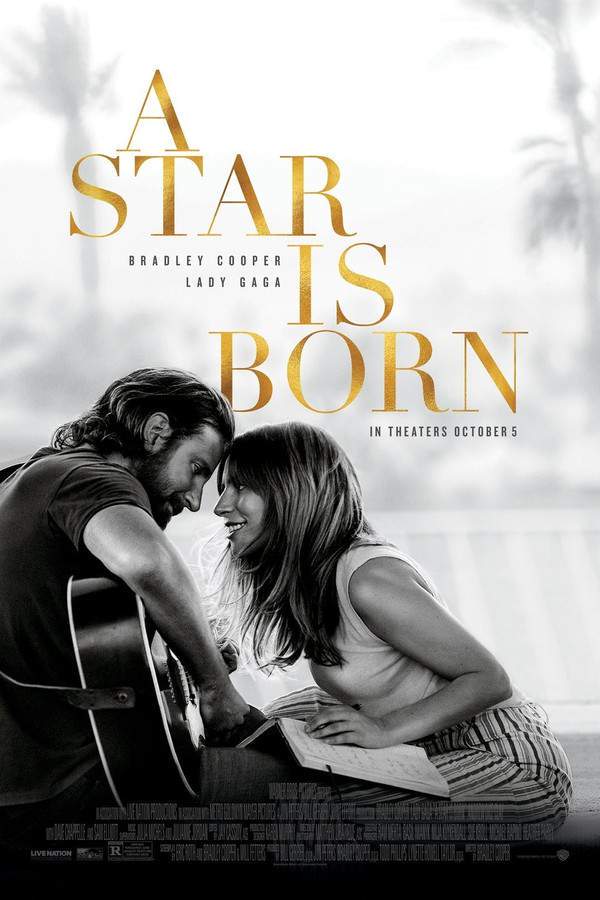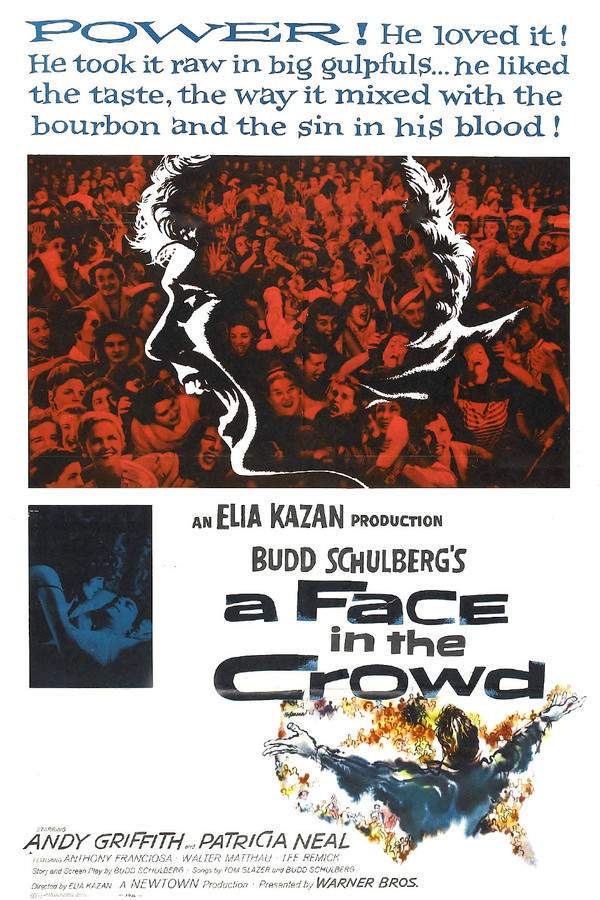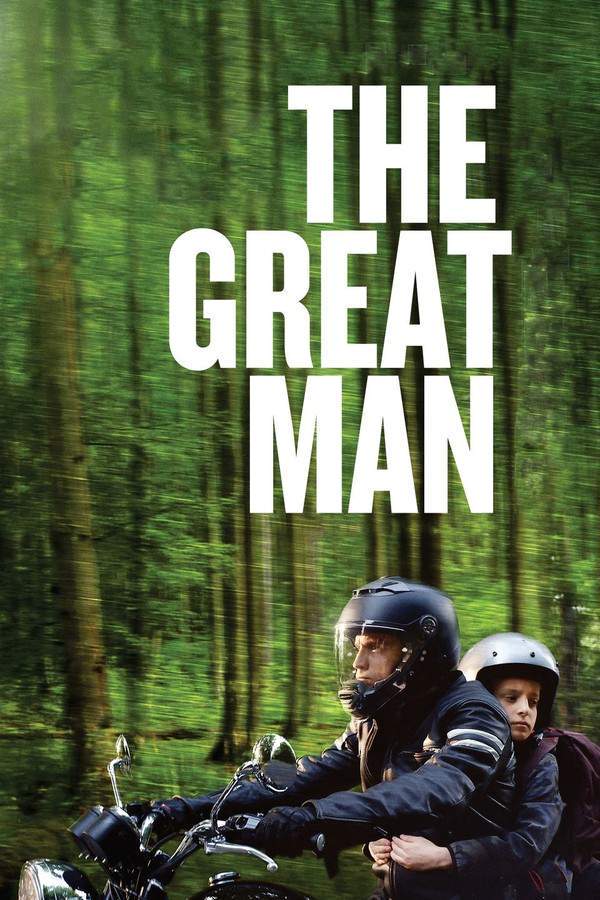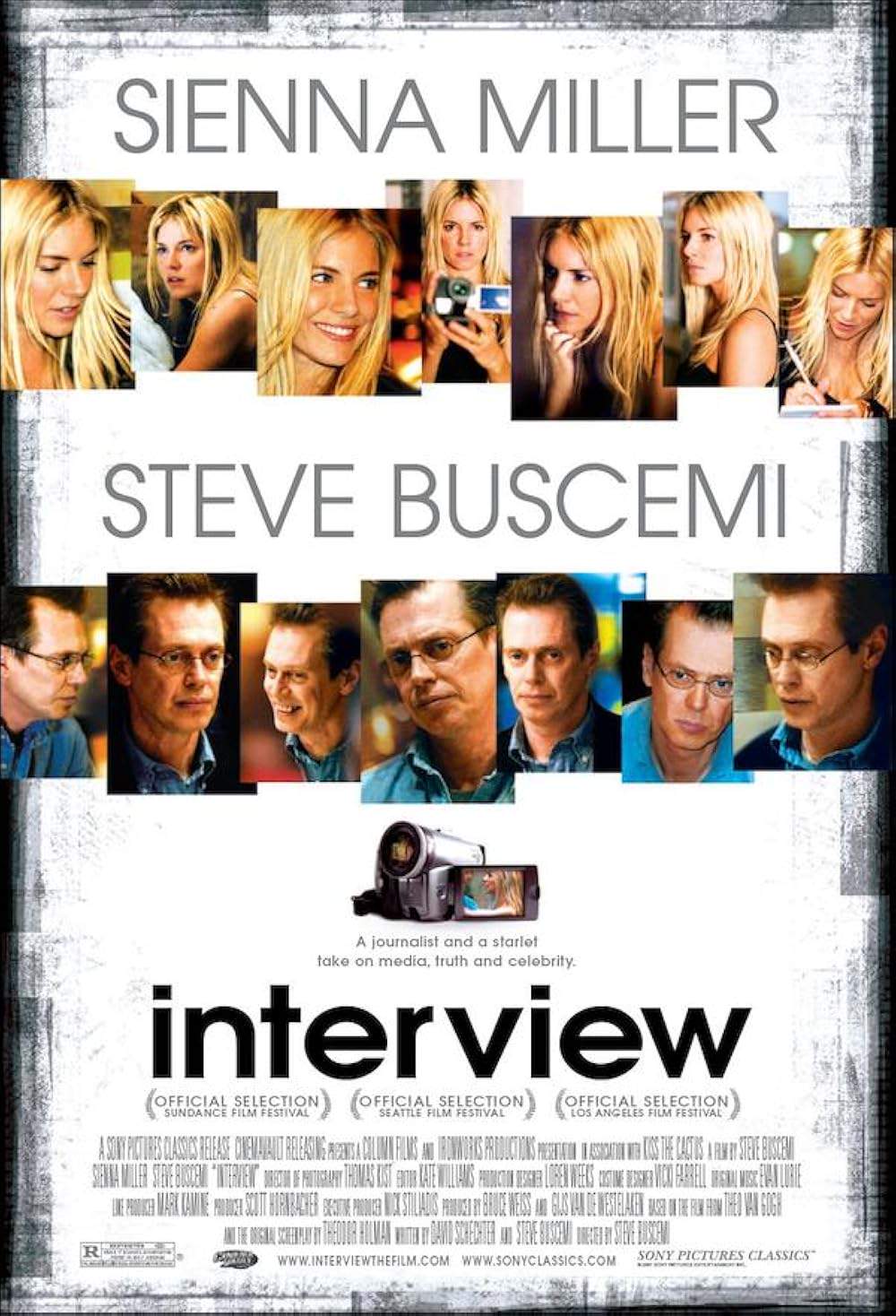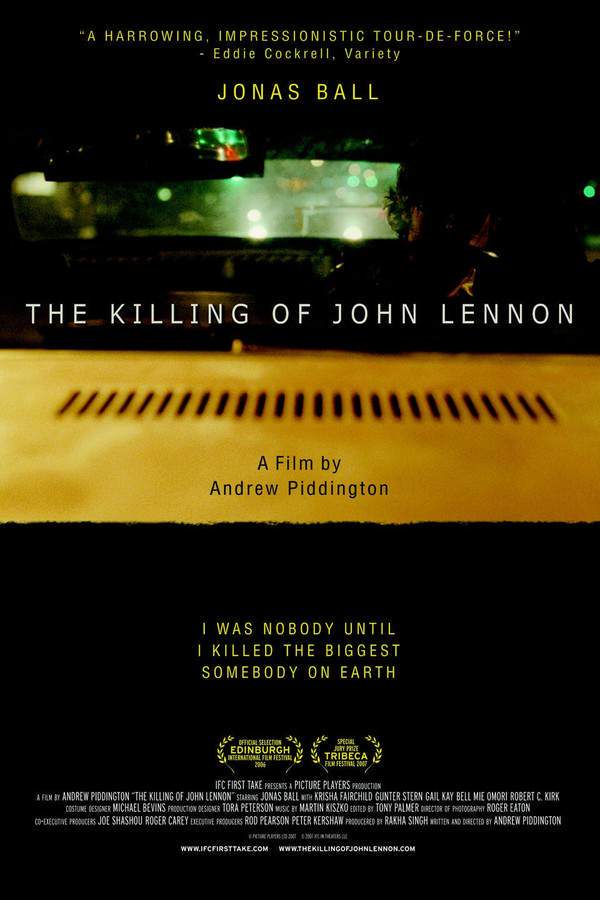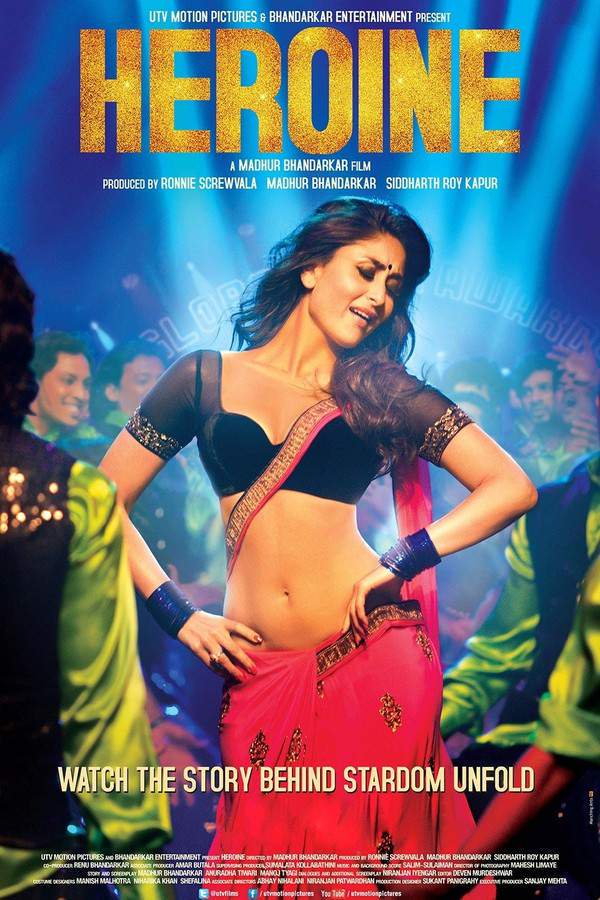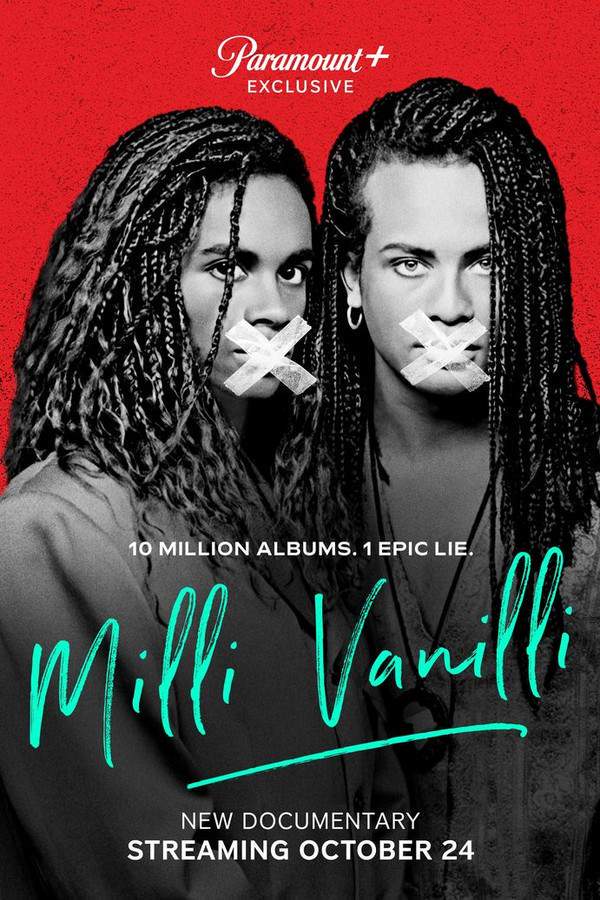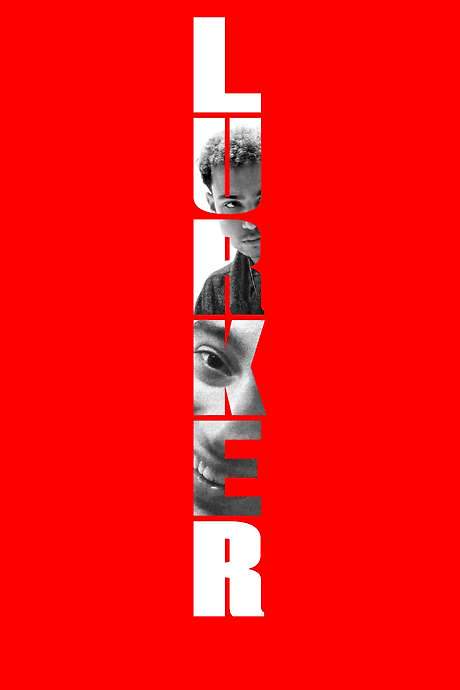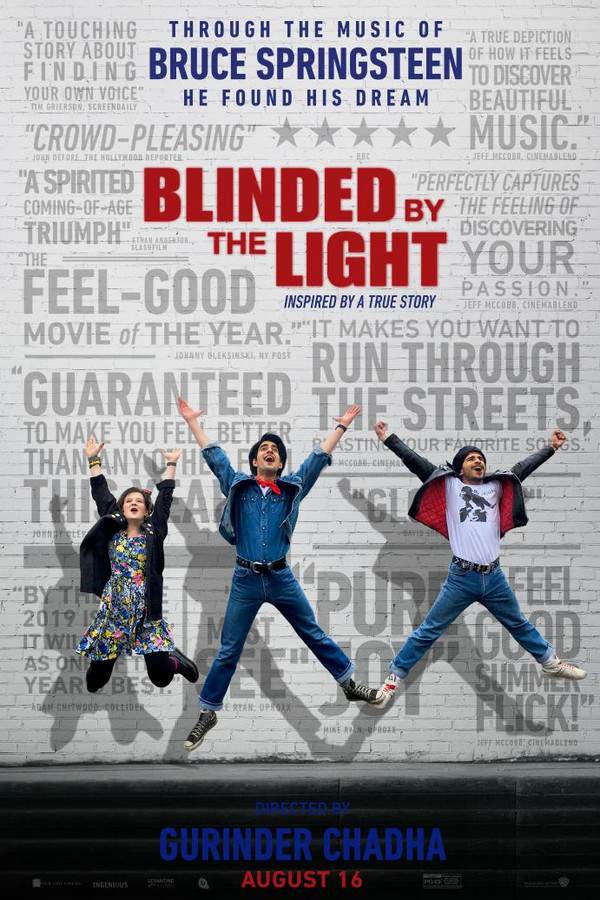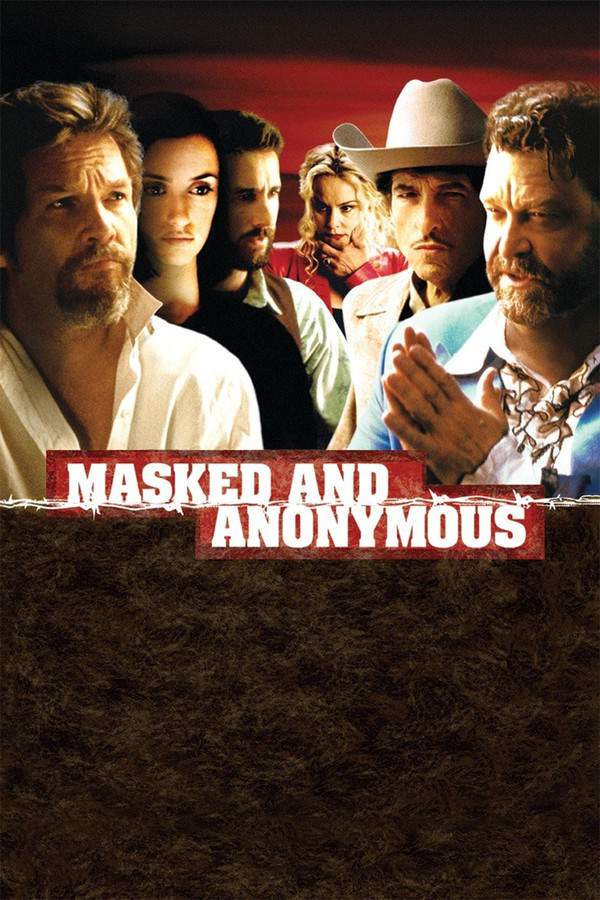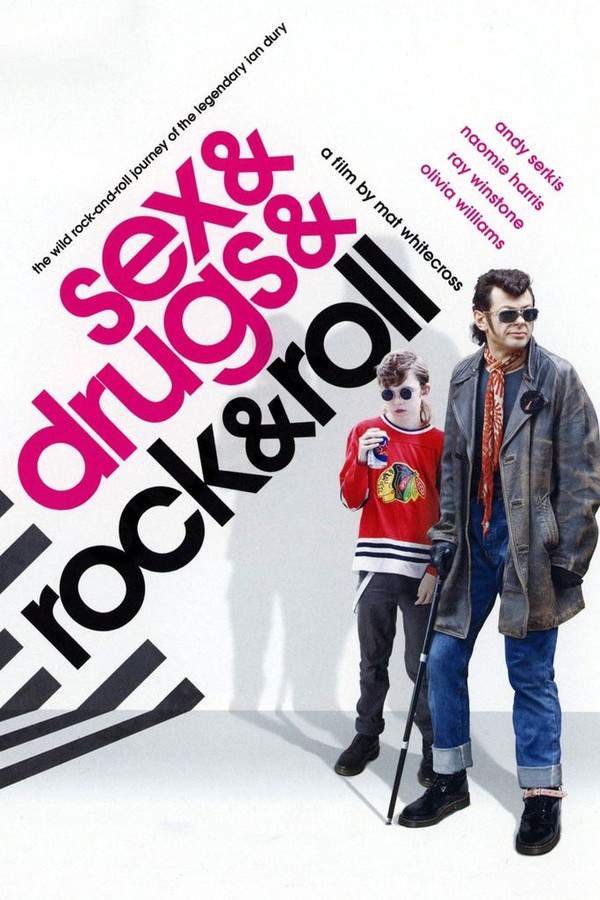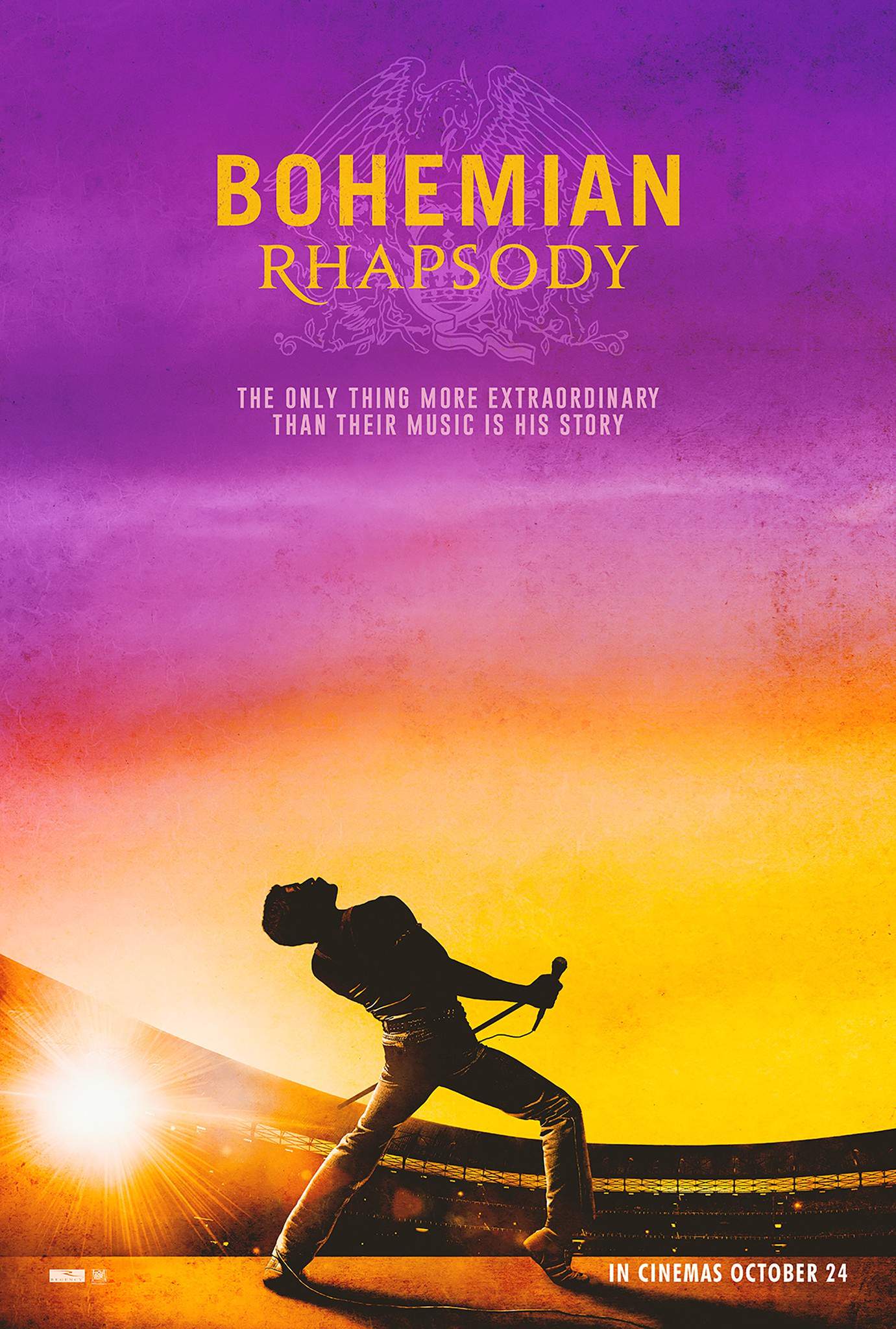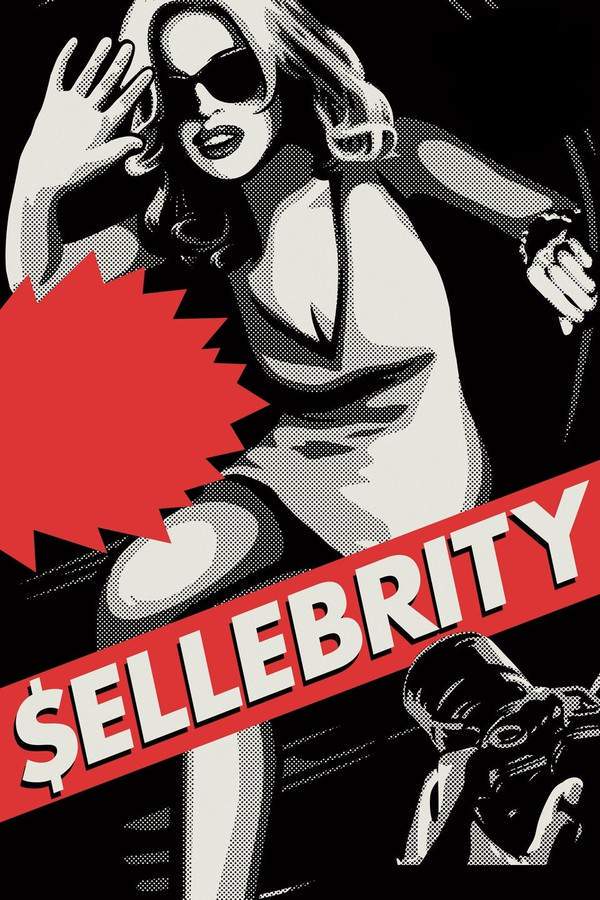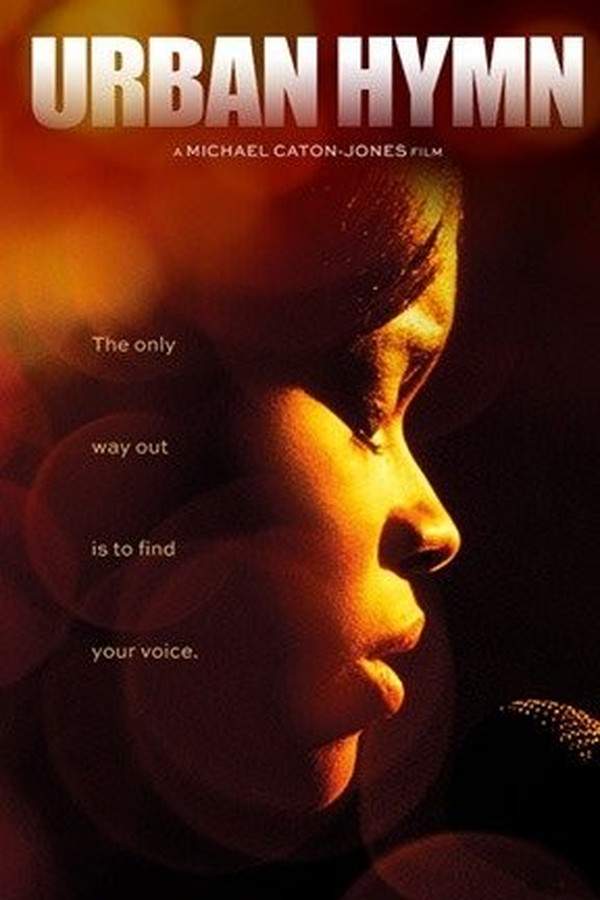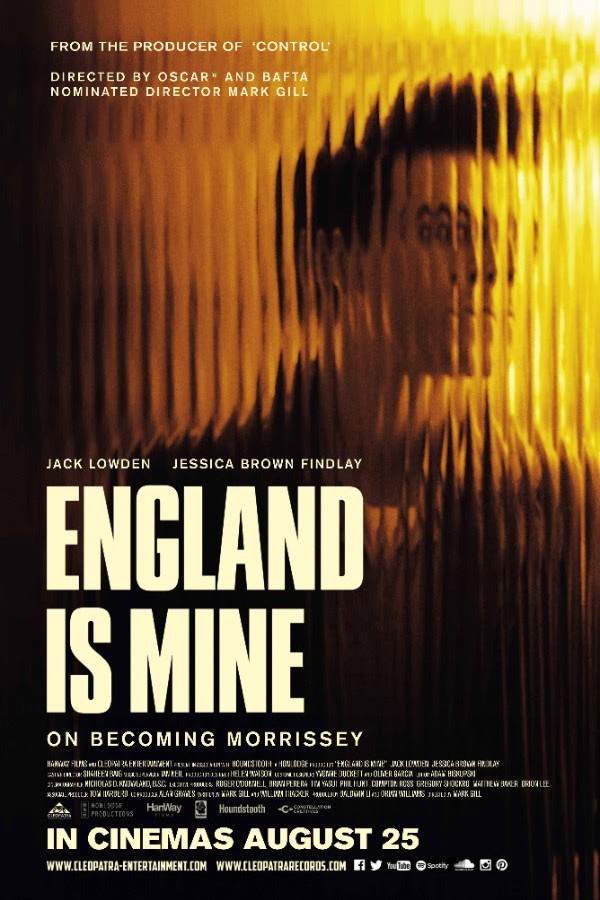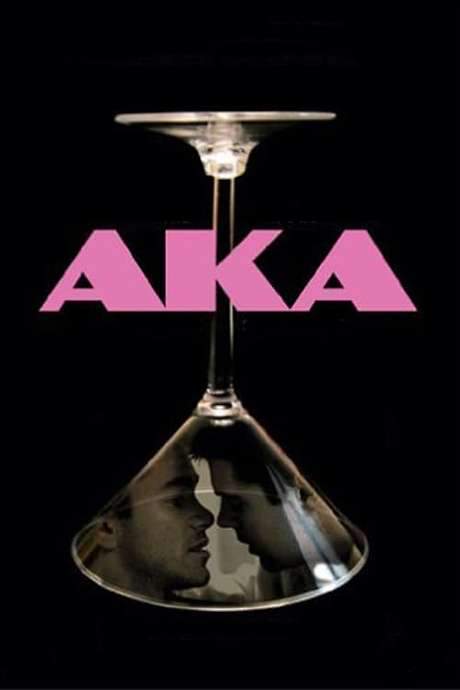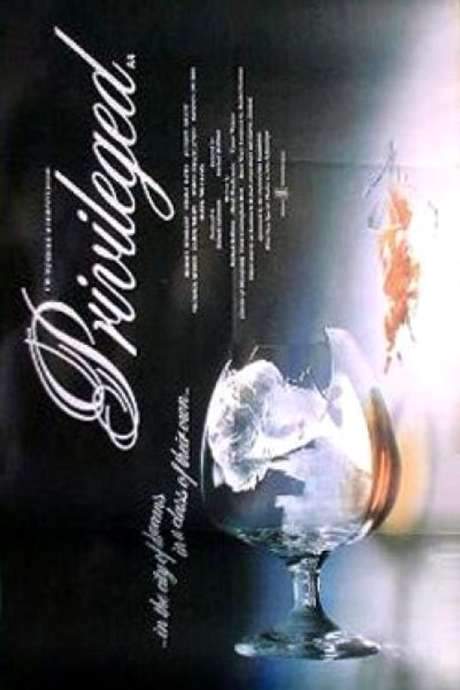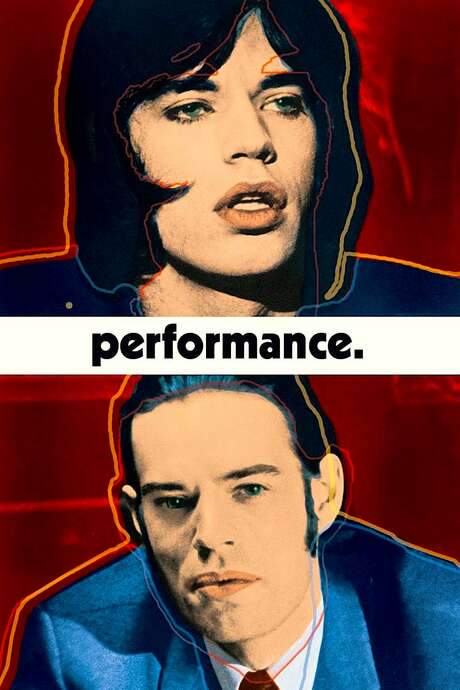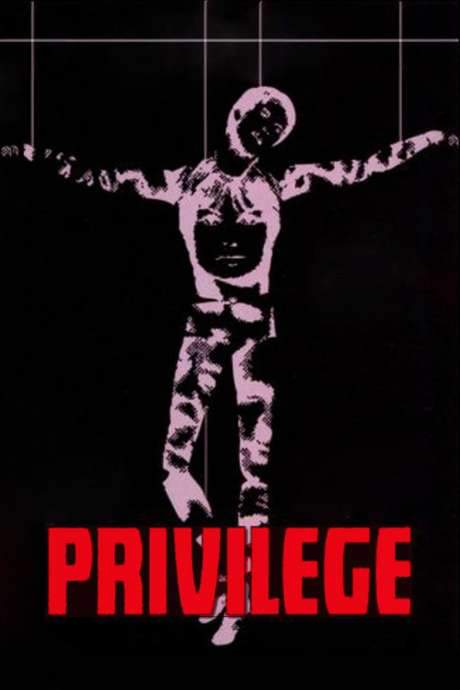
Privilege
Year: 1967
Runtime: 103 mins
Language: English
Director: Peter Watkins
Britain’s megastar pop singer Steven Shorter enjoys near‑universal adulation, yet he is nothing more than a government puppet, used to push state agendas. When acclaimed artist Vanessa Ritchie is hired to paint his portrait, her presence forces Shorter to confront the manipulation of his handlers and reconsider his blind obedience.
Warning: spoilers below!
Haven’t seen Privilege yet? This summary contains major spoilers. Bookmark the page, watch the movie, and come back for the full breakdown. If you're ready, scroll on and relive the story!
Privilege (1967) – Full Plot Summary & Ending Explained
Read the complete plot breakdown of Privilege (1967), including all key story events, major twists, and the ending explained in detail. Discover what really happened—and what it all means.
The film presents a narrated documentary set in a near-future version of 1970s England, centered on a disillusioned pop star named Steven Shorter. Shorter is the country’s most adored celebrity, and his onstage persona is starkly provocative: he performs in a jail cell, handcuffed and beaten by mock police, a spectacle that both horrifies and captivates the audience. The political backdrop is equally charged, with the two main parties forming a coalition government that uses Shorter’s immense appeal to placate the public and redirect political energy away from real civic involvement.
Shorter’s life is tightly controlled by a cadre of handlers: the manager Martin Crossley, the public relations figure Alvin Kirsch, the record-company boss Julie Jordan, and the financial backer Andrew Butler. Across every facet of culture—nightclubs, shopping centers, brands, and media—Shorter’s name is a currency, a mirror of consumer devotion. An artist, Vanessa Ritchie is commissioned to paint his portrait, and Shorter searches for some human connection in the isolation of his fame, finding it in her.
As demands on Shorter intensify, an official commercial for apple growers asks him to persuade the nation to eat apples in unprecedented quantities to fix a surplus. More ominously, the churches of England strike a deal with the government and Shorter’s expanding empire to mold him into a quasi-messianic figure who could spur church attendance and national unity. An image shift is announced ahead of a gargantuan stadium concert where Shorter will publicly “repent,” abandon the handcuffs, and embrace religious overtones in his songs. The pressure takes a toll on him; at a seaside picnic, he bizarrely orders hot chocolate to drink, and everyone else follows suit, a vivid sign of how his choices shape public behavior.
On the stadium day, attendance is massive and the performance carries a militarized air, with nationalist groups taking the stage in uniform-like costumes. A fiery preacher, Reverend Jeremy Tate, inflames the crowd by urging conformity with cards bearing the words “We Will Conform.” Shorter and his band respond with stage conventions that echo a dark, troubling past, while disabled citizens sit closer to the stage in a bid to “heal” them with his music. Later, Shorter watches the rally footage and feels a deep revulsion, erupting in a furniture-breaking fury. He also confides to Vanessa Ritchie that the old show wasn’t only staged: the bruises and scars he bore on his body were real, a brutal secret behind the marketable mask.
At a formal event honoring his achievements, Shorter’s outward adoration collapses as he voices a raw, ambiguous disgust for a public thatansen’t seen him as a person beyond the brand. The room falls silent, and the public’s reaction quickly turns to anger, threatening the lucrative machine built around him. Andrew Butler announces his own resignation from the Shorter enterprise, signaling the end of a profitable era. The narrative’s verdict is stark: to appease a vindictive, consumer-driven society and to preserve the business interests that depend on him, Shorter’s career is effectively erased—his music banned from airplay, and his voice silenced from public life.
In the postscript, the narrator remarks that little remains of Shorter’s career, overlaying archival footage (its soundtrack removed) as if to underline a prerequiem for the performer. The closing line sums up the film’s paradoxical tone, hinting at a future promised as “a happy time in England,” even as the credits signal the cost of that happiness.
It is going to be a happy time in England, this year in the future.
Last Updated: October 09, 2025 at 14:09
Explore Movie Threads
Discover curated groups of movies connected by mood, themes, and story style. Browse collections built around emotion, atmosphere, and narrative focus to easily find films that match what you feel like watching right now.
Dystopian State Control Movies like Privilege
Stories where individuals are crushed by the machinery of state propaganda.If you enjoyed the satirical and oppressive world of 'Privilege', explore more movies about propaganda and state control. This list features films where individuals, often artists or public figures, are manipulated by powerful systems, leading to stories of disillusionment and the loss of identity.
Narrative Summary
These narratives typically follow a character who initially benefits from or is complicit in a manipulative system. A catalyst—often an outsider or a personal revelation—forces them to see the truth, leading to a crisis of conscience and a futile or tragic attempt to resist the overwhelming power of the state.
Why These Movies?
These films are grouped together because they share a dark, satirical tone and a high-intensity focus on psychological manipulation. They create an anxious, oppressive mood by exploring the theme of the individual versus the propaganda machine, usually culminating in a bleak or ambiguous ending for the protagonist.
Movies about Exploited Fame like Privilege
Character studies of stars whose public image is a cage built by handlers.For viewers who liked 'Privilege's take on a manipulated pop star, this list features similar stories about the exploitation of celebrities. These dramas explore the heavy emotional weight of being a public puppet and the isolating journey of losing one's authentic self to a manufactured image.
Narrative Summary
The narrative arc centers on a famous person who realizes their success is a carefully constructed prison. As they become aware of the strings being pulled, their internal conflict grows, often leading to a public or private breakdown. The story is a slow unraveling of a persona, emphasizing melancholy and disillusionment.
Why These Movies?
These movies share a heavy emotional weight and a steady, character-driven pacing that builds towards a climax of personal collapse. The dominant mood is melancholic and alienating, united by the core theme of a loss of identity under the pressures of fame and external control.
Unlock the Full Story of Privilege
Don't stop at just watching — explore Privilege in full detail. From the complete plot summary and scene-by-scene timeline to character breakdowns, thematic analysis, and a deep dive into the ending — every page helps you truly understand what Privilege is all about. Plus, discover what's next after the movie.
Privilege Timeline
Track the full timeline of Privilege with every major event arranged chronologically. Perfect for decoding non-linear storytelling, flashbacks, or parallel narratives with a clear scene-by-scene breakdown.

Characters, Settings & Themes in Privilege
Discover the characters, locations, and core themes that shape Privilege. Get insights into symbolic elements, setting significance, and deeper narrative meaning — ideal for thematic analysis and movie breakdowns.

Privilege Spoiler-Free Summary
Get a quick, spoiler-free overview of Privilege that covers the main plot points and key details without revealing any major twists or spoilers. Perfect for those who want to know what to expect before diving in.

More About Privilege
Visit What's After the Movie to explore more about Privilege: box office results, cast and crew info, production details, post-credit scenes, and external links — all in one place for movie fans and researchers.

Similar Movies to Privilege
Discover movies like Privilege that share similar genres, themes, and storytelling elements. Whether you’re drawn to the atmosphere, character arcs, or plot structure, these curated recommendations will help you explore more films you’ll love.
Explore More About Movie Privilege
Privilege (1967) Scene-by-Scene Movie Timeline
Privilege (1967) Movie Characters, Themes & Settings
Privilege (1967) Spoiler-Free Summary & Key Flow
Movies Like Privilege – Similar Titles You’ll Enjoy
Control (2007) Story Summary & Characters
Blinded by the Light (2019) Spoiler-Packed Plot Recap
Masked and Anonymous (2003) Plot Summary & Ending Explained
Sex & Drugs & Rock & Roll (2010) Story Summary & Characters
Bohemian Rhapsody (2018) Full Movie Breakdown
$ellebrity (2013) Full Summary & Key Details
Urban Hymn (2017) Ending Explained & Film Insights
England Is Mine (2017) Detailed Story Recap
AKA (2002) Ending Explained & Film Insights
Privileged (1982) Movie Recap & Themes
A British Picture: Portrait of an Enfant Terrible (1989) Plot Summary & Ending Explained
For Queen & Country (1988) Full Movie Breakdown
Fame Is the Spur (1947) Full Summary & Key Details
Performance (1970) Film Overview & Timeline
Sympathy for the Devil (1968) Plot Summary & Ending Explained

